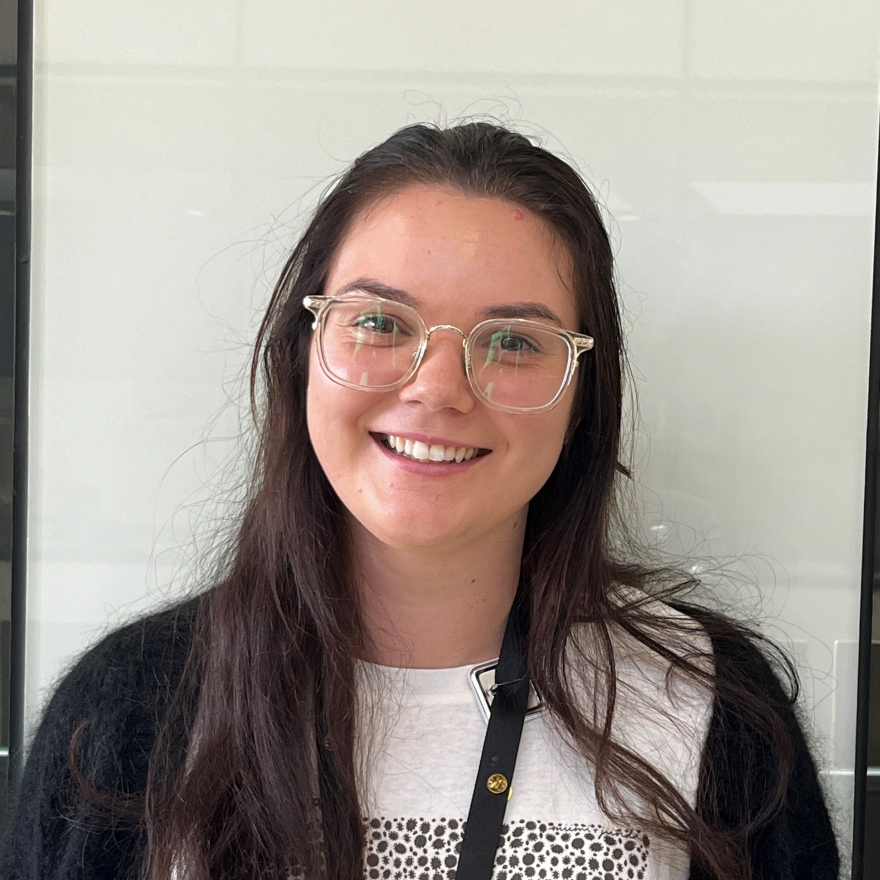Restrictions related to COVID-19 caused many healthcare services to utilise telehealth across Australia. It is important to understand the impacts of this for Aboriginal and Torres Strait Islander people, for whom there are documented barriers to healthcare including cultural safety and accessibility of services. Current research suggests that telehealth has some advantages for Aboriginal and Torres Strait Islander peoples in remote areas, but little is known about its acceptability for sexual health, nor its acceptability in urban and regional contexts. Further, little is known about how nuances of telehealth – such as whether or not it is a video or audio-only consultation – affect satisfaction.
This project will investigate experiences of telehealth in the context of COVID-related restrictions for Aboriginal people in urban, regional and remote NSW. It will gather data on acceptability of telehealth, document ongoing barriers to satisfying and effective telehealth consultations and explore avenues for service improvement.
This study comprises a survey for Aboriginal and Torres Strait Islander people living in NSW in urban, regional or remote locations who have accessed any form of sexual healthcare using telehealth. In addition to multiple choice answers, the survey will include some open-ended questions to enable participants use their own words to discuss their experiences.
Results from this study will provide an evidence based that addresses how telehealth services are perceived in the provision of sexual health services for Aboriginal people form urban, rural and remote settings.
Results from this study will provide an evidence based that addresses how telehealth services are perceived in the provision of sexual health services for Aboriginal people form urban, rural and remote settings.
- University of Sydney
- Commonwealth Department of Health

